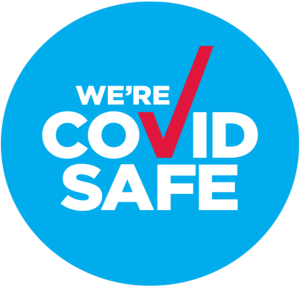Solutions for Shoulder Pain and Injuries
Physiotherapy and clinical exercise programs are available for shoulder pain and injuries to decrease pain, progress towards optimum function and prevent recurrence of the problem.
Treatment is tailored specifically to your individual needs, biomechanical/postural assessment and demands of your lifestyle.
Treatments Available Include:
- Biomechanical Analysis
- Rotator Cuff Strengthening
- Stretching, Strengthening & Stabilizing Exercises
- Motor Control Exercises for Correct Patterning
- Posture / Ergonomic Training
- Pre and Post-Operative Care
This approach is beneficial for conditions such as:
- Bursitis
- Dislocation
- Frozen Shoulder
- Impingement
- Poor Posture
- Rotator Cuff Strains / Tears
- Rotator Cuff Tendinopathy
- Shoulder Instability
- Overuse Injuries
- Sports Injuries
- Post-Operative Rehabilitation
Shoulder Pain: A Multimodal Rehabilitation and Treatment Approach
The shoulder complex due to its dynamic functional requirements can suffer from a variety of problems such as pain, instability due to a lack of strength or endurance, capsular and muscular stiffness, aberrant patterning and poor neuromuscular control.
Common Symptoms
Painful with activities
Pain in the shoulder and arm
Pain while sleeping or at rest
The inability to raise your arm
Sudden catching on movement
Decreased movement
Common causes of pain and dysfunction
Some of these conditions may be work, age, trauma, disease or sport related.
Tendinopathy
Rotator cuff tears
Impingement syndromes
Osteoarthritis
Bursitis
Instabilities
Frozen shoulder
Scapular dysfunctions
Sports injuries
Anatomy
Scapular/thoracic joint: This area needs the freedom of movement, combined with dynamic stability and optimal timing to place the Gleno-humeral joint in the optimal position for torque production.
Problems:
Scapular dyskinesia
The Rotator Cuff provides stability to the gleno-humeral joint, also enables
pre-setting for the desired movement, proprioception, and getting the system ready for action.
Problems:
Traumatic
Non-traumatic
Frozen shoulder
Degenerative joint disease
Treatment
Based on:
Acute / overuse
Irritable / non-irritable
Structural / non-structural
Exercise prescription and loading must be specific and progress appropriately for each individual, leading to a balance of strength, endurance, motor control, including the functional capacity required for activities during sport and daily life.
Contact us for more information.



